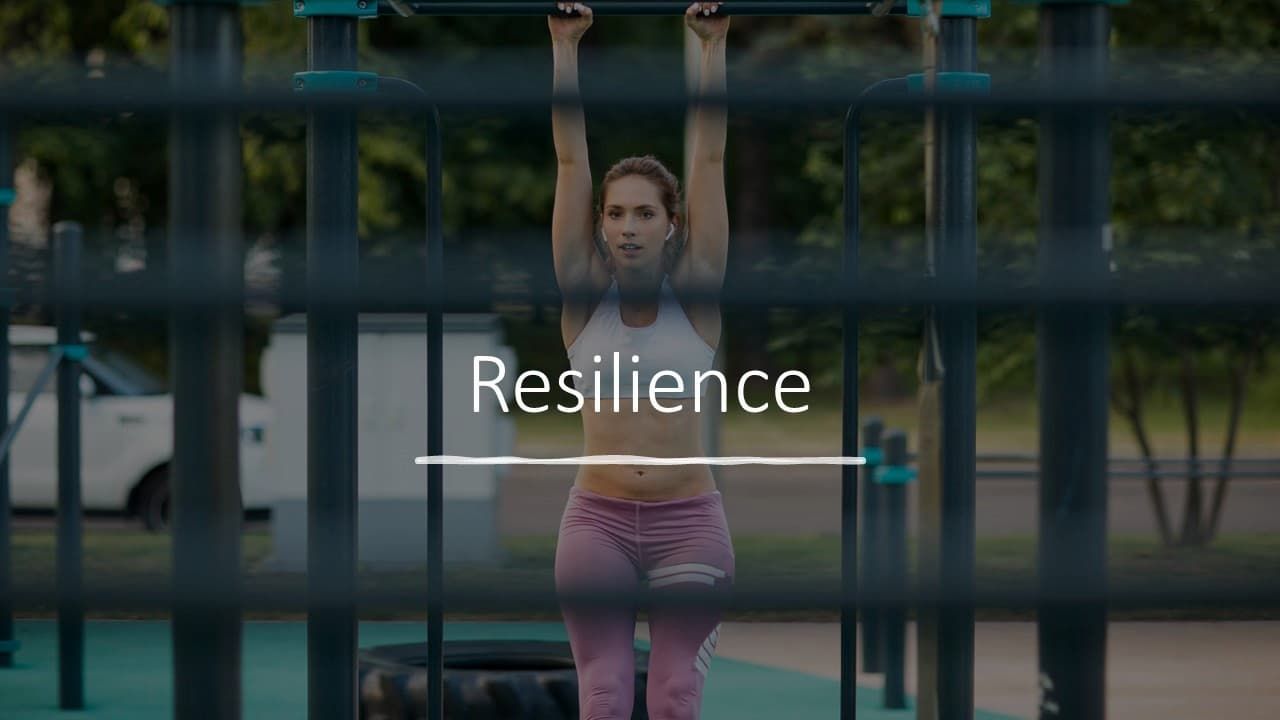Self-leadership and the Physics of Success
Apr 29, 2023
Self-Leadership: Thriving in the Gig Economy
Apr 24, 2023
Speaking about Resilience
Apr 21, 2023
Are We Doing Leadership Wrong?
Apr 19, 2023
The Most Powerful Leadership Phrase
Apr 08, 2023
Friend or Foe? Understanding your Network
Mar 26, 2023
















